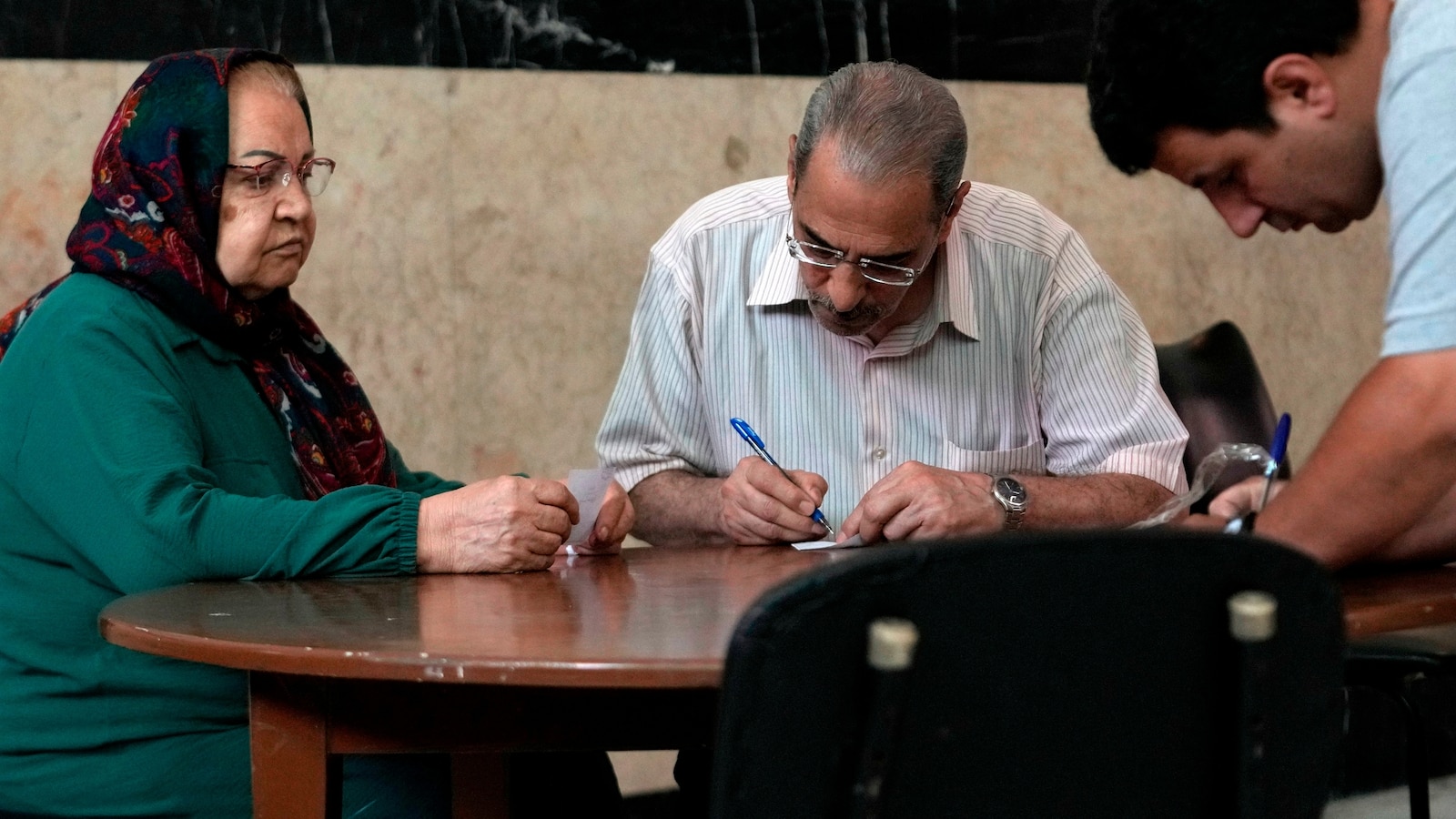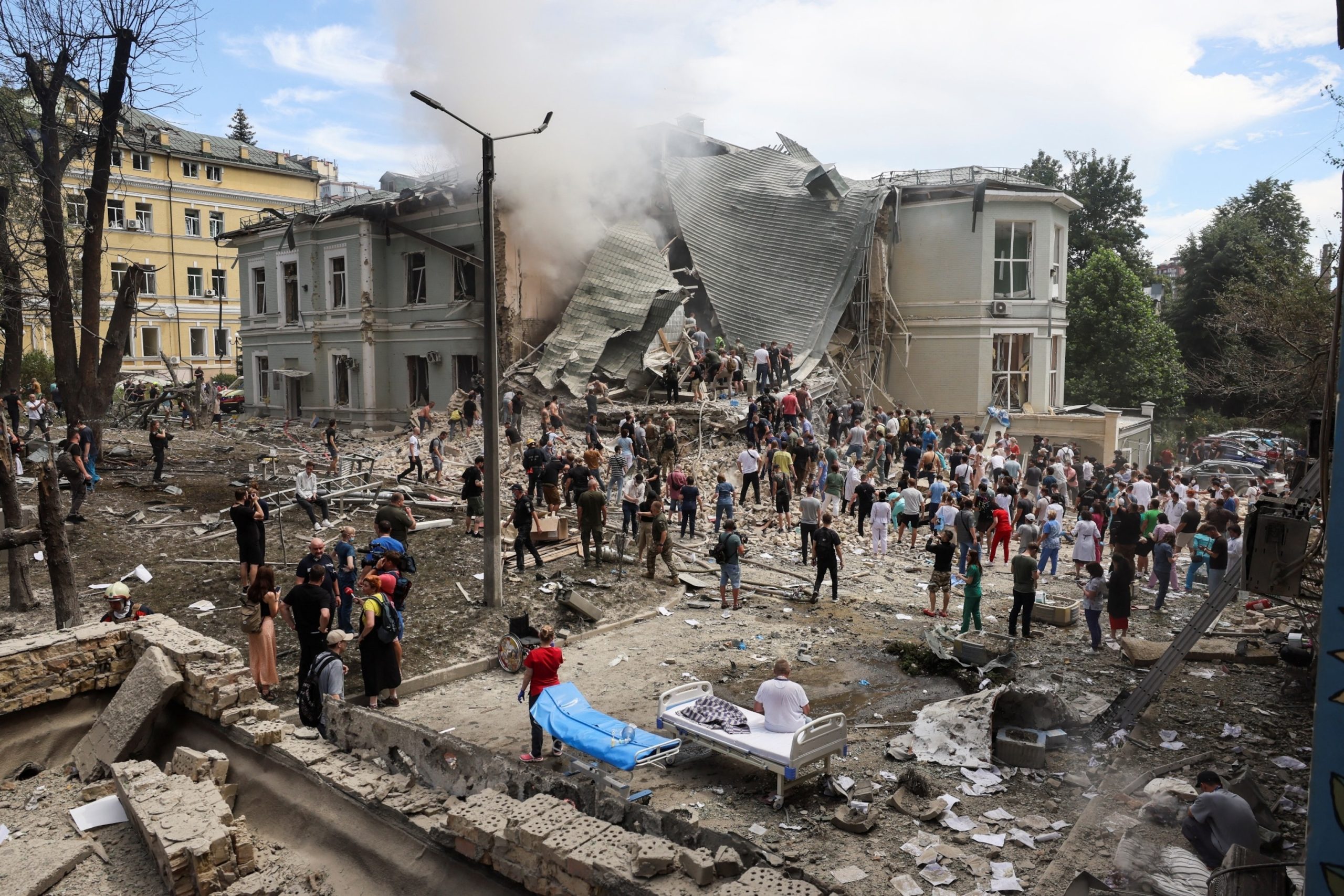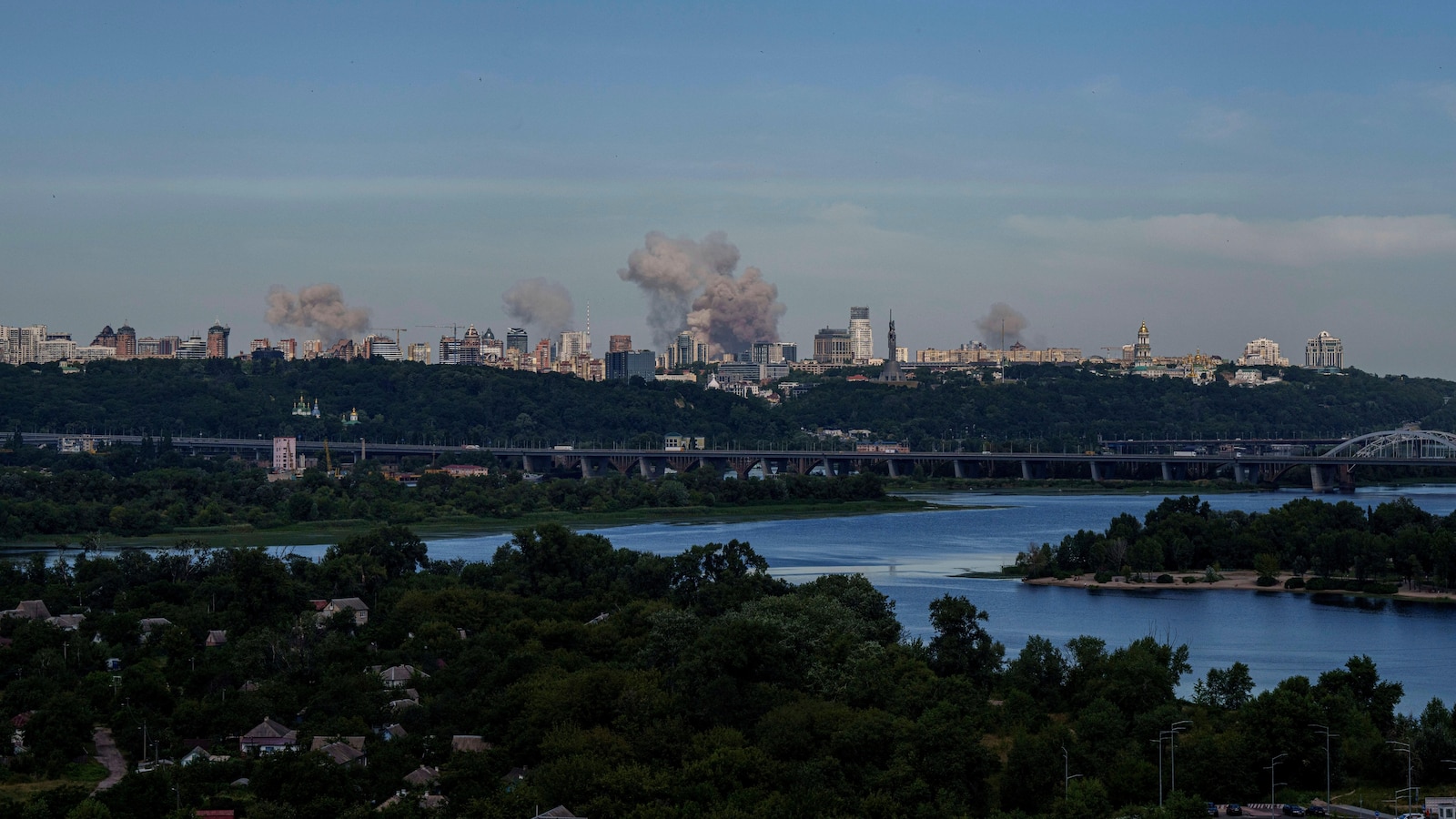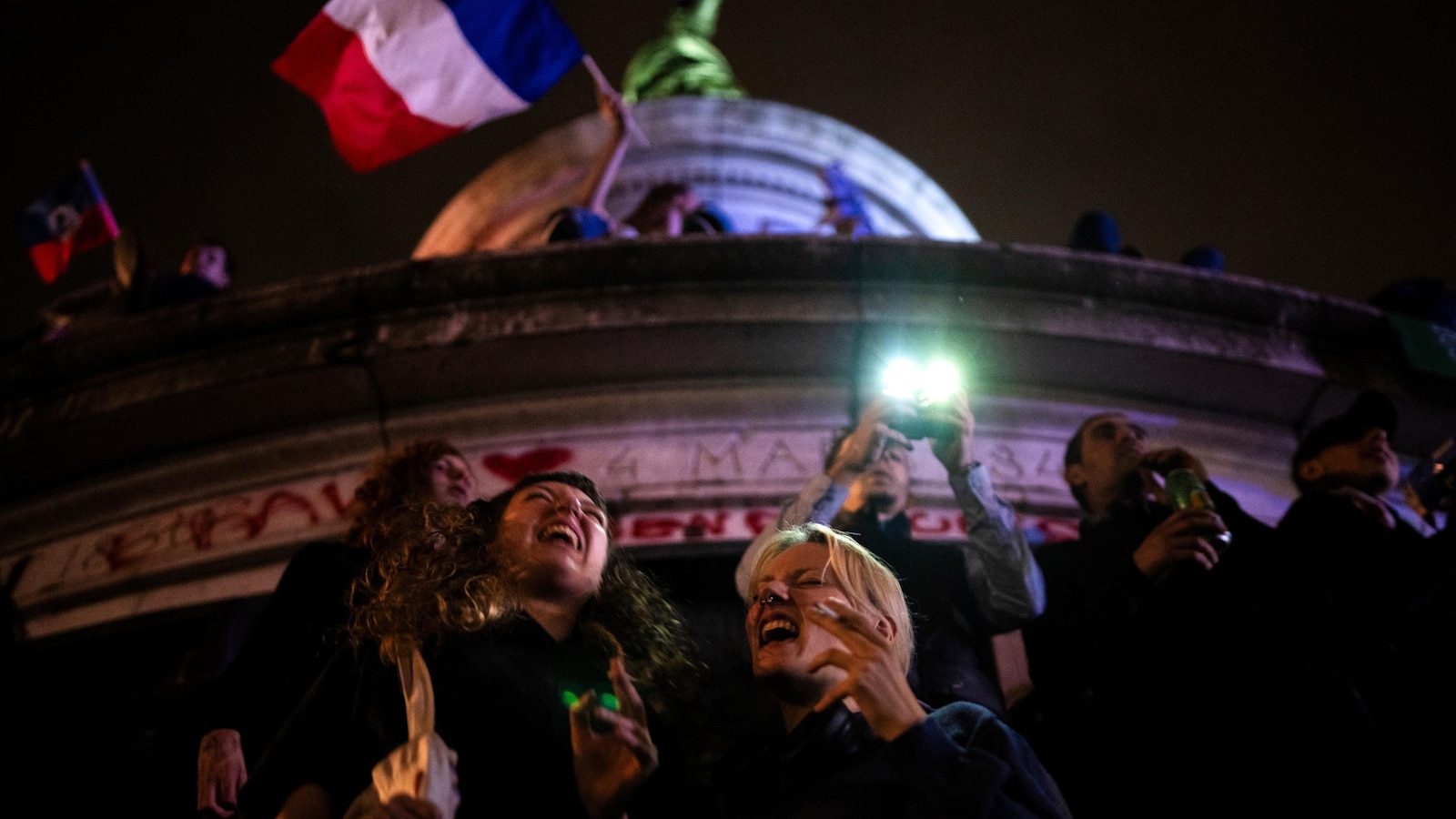
LONDON — Polls opened Friday in Iran for the run-off presidential election as none of the four candidates won more than 50% of the votes in the first round on June 28.
Lawmaker Masoud Pezeshkian, a reformist, and former nuclear negotiator for Iran, Saeed Jalili, a conservative, found their way to the top of the ballots with Pezeshkian leading but still not solidifying a majority.
Once known as rivals in the Islamic Republic’s political scene, Iranian reformists and the conservative party used to convince people to cast their votes for them by advocating for different and competing plans, stoking emotions and encouraging large voter turnout.
However, the first round of this election had the lowest turnout in the 45-year history of the theocratic regime, with official statistics saying only 40% of the eligible voters had cast their votes, though even that number is largely disputed by analysts who believe the real turnout was much lower.
The turnout is seen as a disappointing result for the country as the Islamic Republic leadership has repeatedly used election turnouts as a major indicator to prove its legitimacy on the international scene and within diplomatic negotiations.
However, even the reformist candidate, Pezeshkian, along with many activists and former and current political prisoners and families of victims of the last decades of Islamic Republic ruling, has been advocating for boycotting this election, saying there is no fundamental difference between the two parties and no change can be expected from either of them.
Some remarks of Pezeshkian have specifically been highlighted by advocates for election boycott, including his reference to execution and his background in implementing compulsory hijab rules against women.
“I will withdraw from the elections if Mr. Jalili promises he would get executed if he does not achieve the 8% growth in his government,” Pezeshkian said recently in a TV debate.
While the reference was described as “irresponsible” and “careless” by users on social media — and even some of his supporters who believe any form of execution must be banned — he later posted it on his X account.
However, Pezeshkian’s supporters believe that if his conservative rival wins, even the smallest possibility of any political changes that could ease people’s livelihoods would be lost due to Jalili’s role in leading the Islamic Republic nuclear negotiation team from 2007 through 2013 when the country faced many international sanctions because of its nuclear activities.
The snap election was called after the late President Ebrahim Raisi was killed in a helicopter crash on May 19 and, according to the country’s constitution, upon the death of a president, the next president must be elected within 50 days.
Iran’s run-off presidential election has officially begun, with polls opening across the country. This election comes after the initial round of voting failed to produce a clear winner, leading to a run-off between the top two candidates.
The incumbent president, Hassan Rouhani, is facing off against his main challenger, Ebrahim Raisi, in what is expected to be a closely contested race. Rouhani, a moderate reformist, has been in office since 2013 and is seeking a second term. Raisi, on the other hand, is a hardline conservative with close ties to the Supreme Leader Ayatollah Ali Khamenei.
The outcome of this election is crucial for Iran’s future direction, as the country continues to grapple with economic challenges, regional conflicts, and international relations. Rouhani has been credited with securing the landmark nuclear deal with world powers in 2015, which lifted sanctions on Iran in exchange for curbs on its nuclear program. However, many Iranians feel that the benefits of the deal have not trickled down to the average citizen, leading to frustration and disillusionment.
Raisi, on the other hand, has promised to prioritize the needs of the poor and marginalized in Iranian society. He has also criticized Rouhani for being too conciliatory towards the West and failing to address corruption and inequality within Iran.
The run-off election is expected to be closely watched by both domestic and international observers, as it will have far-reaching implications for Iran’s domestic politics and foreign policy. The outcome of the election could either signal a continuation of Rouhani’s moderate policies or a shift towards a more conservative and confrontational approach.
As Iranians head to the polls to cast their votes, the world will be watching closely to see who will emerge victorious in this critical election. The results are expected to be announced in the coming days, with the winner set to take office in August.


